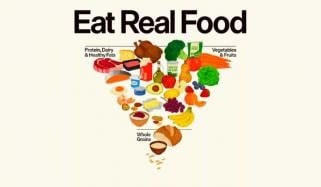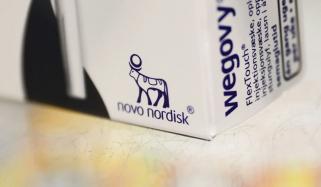
Sugar alcohol, Xylitol found in some low-calorie foods and drinks could increase the risk of heat attack and stroke, revealed a new study.
According to Health, research published in the European Heart Journal suggests people avoid or limit their consumption of foods that contain xylitol, which is regularly used in the US as a sweetener.
The senior author of the study, Stanley Hazen, said the findings of the research represent ‘a significant public health concern.’
Hazen told Health, “The very same people most likely to be targeted for taking sugar substitutes—those with obesity, diabetes, or metabolic syndrome—are the most vulnerable, (or are) most likely to suffer an incident CVD (cardiovascular disease) event. By trying to reach for something healthy, the concern is that one is inadvertently adding to cardiac risks.”
The research revealed that people who have higher levels of xylitol in their blood have a three-year increased risk of a ‘major adverse cardiovascular event’ like stroke or heart attack.
What is Xylitol?
Dietitian at The Ohio State University Wexner Medical Centre, Amber Core, explained, “Xylitol is a five-carbon sugar alcohol (and) is commonly found in low-calorie sweeteners (that’s added to) low-sugar or diet-labelled foods. Some products that commonly contain xylitol include sugar-free candies, chewing gum, jams and jellies, nut butters, yogurt, baked goods, condiments, cough syrup, and toothpaste.”















